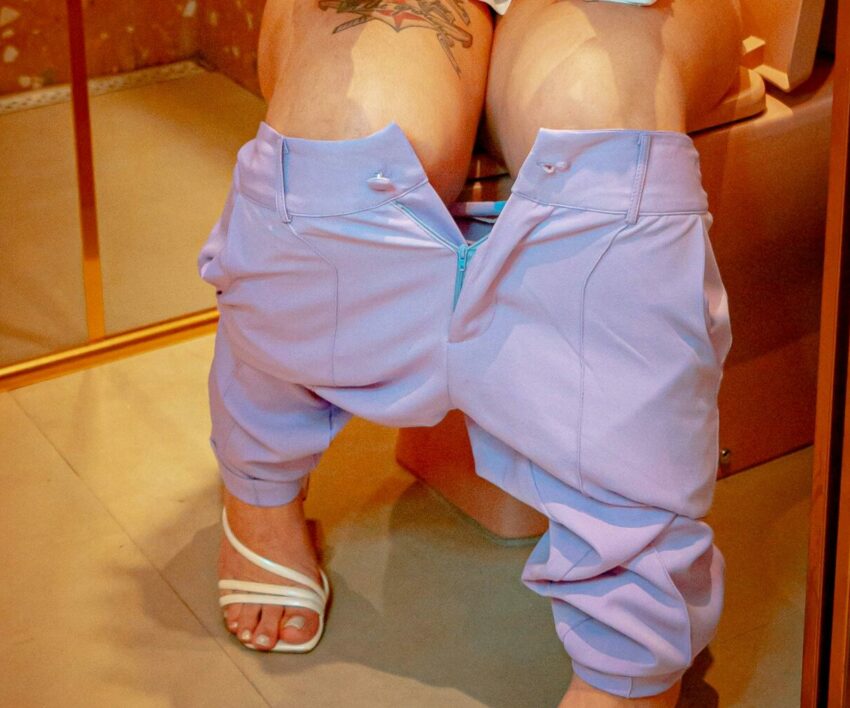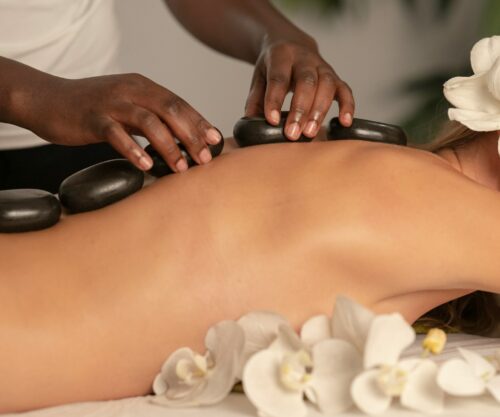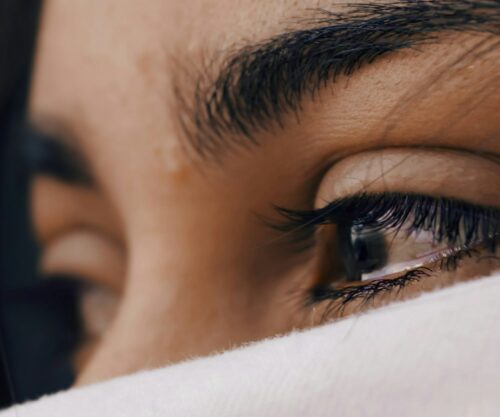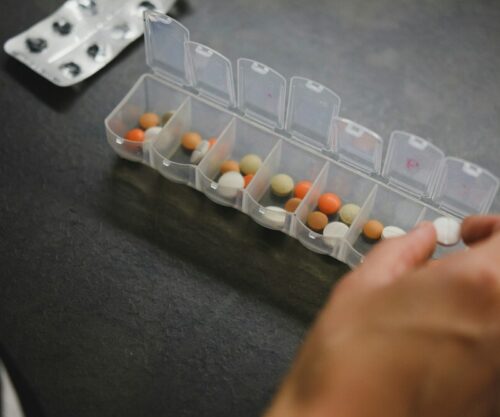
I think it’s safe to assume that a majority of girlies have experienced this one often, you may have noticed that during your menses, you have this sudden frequency of going to the loo every 10 minutes. You might have assumed that you probably drank a lot of water and paid no attention to it but you also realise that even when you don’t drink much liquid, you still pee a lot. Why is that?
Well, experts at the Jude Bladder Care publication have it that hormones, oestrogen and progesterone, play a significant role in bladder control during the menstrual cycle. It is mentioned that oestrogen relaxes bladder muscles, reducing urgency, while progesterone increases sensitivity and contraction, increasing the sensation of urgency.
“As you move closer to ovulation and into the second half of your cycle, progesterone takes over. Unlike oestrogen, progesterone has a slightly different effect on bladder muscles. Instead of relaxing them, progesterone can make them more sensitive and prone to contraction, increasing the sensation of urgency.”
The above source also states that during menstruation, prostaglandins, which are hormones produced during menstruation, can irritate the bladder, increasing sensitivity and the urge to urinate.
According to the Proof Period Underwear website, “High progesterone levels increase fluid retention. Before you start your period, your progesterone levels drop, signalling your body to release all the fluids it’s been holding on to. This also explains why you might feel bloated during the week leading up to your period. So, yes! It is entirely normal to pee a lot during your period.”
ONDRwear claims that stress, particularly during PMS and menstruation, can lead to symptoms like cramps, body pain, and lack of motivation, which can exacerbate an overactive bladder (OAB), a condition that can be exacerbated during menstruation.
Also see: Can you have period pains on your feet?




